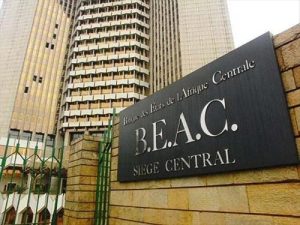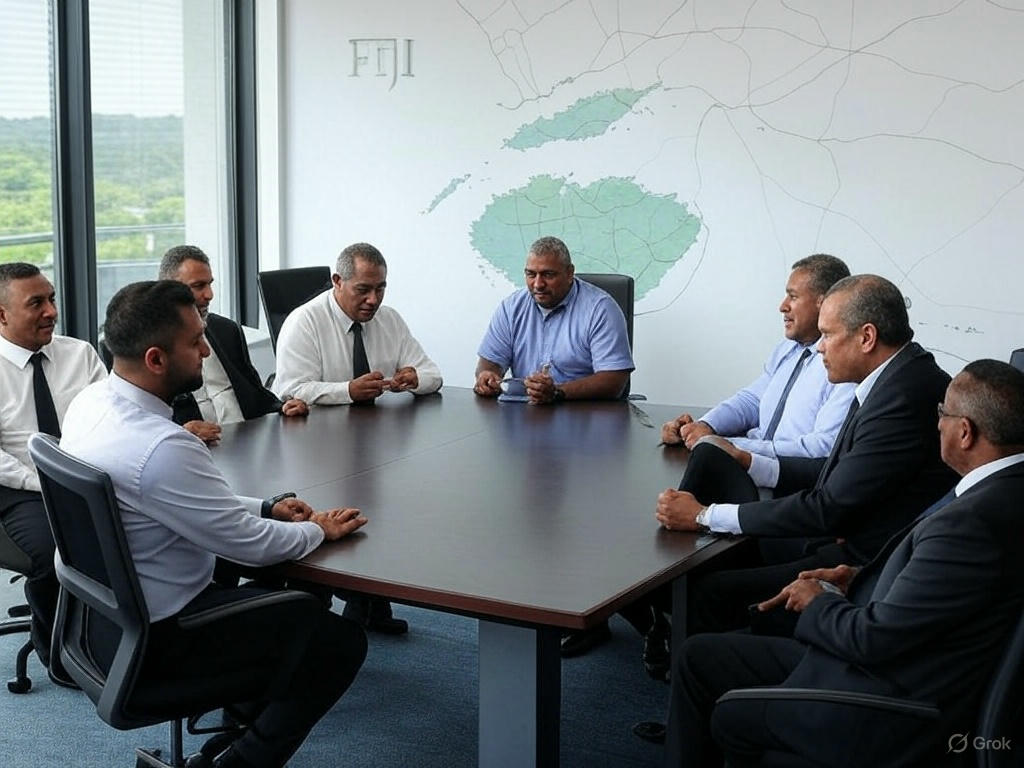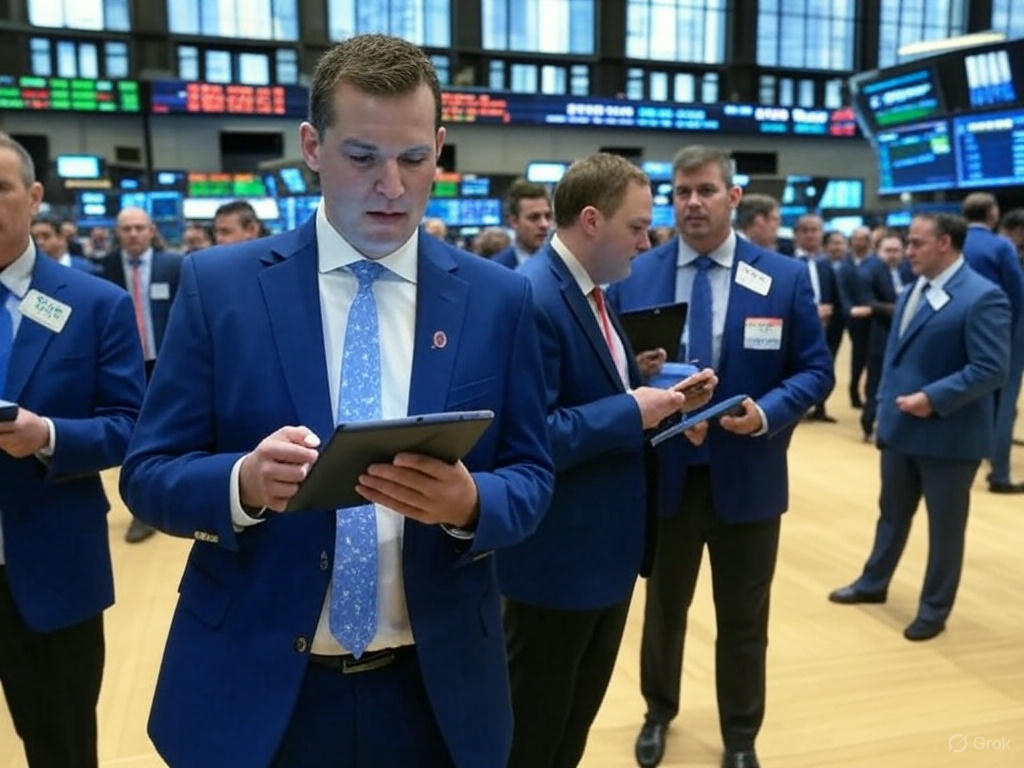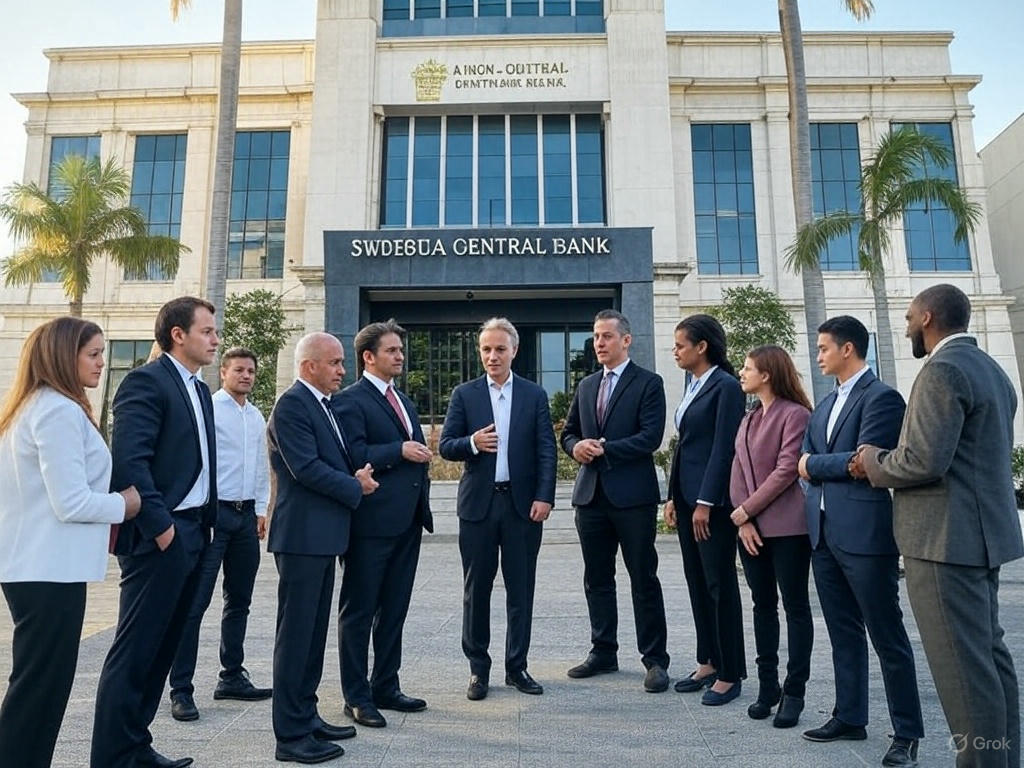Yaoundé, Cameroon – January 30, 2025 – The International Monetary Fund (IMF) has reached a staff-level agreement with Cameroon on the seventh reviews of its Extended Credit Facility (ECF) and Extended Fund Facility (EFF), as well as the second review of its Resilience and Sustainability Facility (RSF). If approved by the IMF Executive Board, the agreement will unlock disbursements totaling SDR 89.7 million (approximately US$ 118.6 million) to support Cameroon’s economic recovery and reforms.
Economic Recovery and Inflation Trends
Cameroon’s economy grew by 3.2% in 2023, with growth expected to rise to 3.9% in 2024. Inflation has declined significantly, dropping to 4.6% in November 2024 from 7.5% the previous year. The IMF projects inflation to fall further to 4.4% by the end of 2024, moving closer to the Central African Economic and Monetary Community (CEMAC) target of 3% by 2026.
Fiscal Performance and Challenges
The fiscal outlook for 2024 is positive, with the non-oil primary deficit improving to 2% of GDP, down from 2.5% in 2023. Non-oil revenues grew by 5% in the first half of 2024, driven by strong tax collections. However, delays in investment projects have constrained spending, posing a recurring challenge to growth.

The IMF and the Cameroonian authorities have reached staff-level agreement on the seventh reviews of the ECF/EFF arrangements, as well as the second review of the RSF arrangement. The agreement is subject to approval by the IMF Executive Board.
Reforms and Climate Resilience
The IMF noted delays in implementing key reforms, including governance improvements in the extractive industry, SOE restructuring, and public financial management. Under the RSF, Cameroon is making progress on climate resilience, with efforts to integrate climate considerations into investment projects, improve disaster preparedness, and strengthen forestry sector governance.
Next Steps
The 2025 budget, adopted in December 2024, aligns with Cameroon’s IMF-supported program and aims to create fiscal space for investments ahead of presidential elections later in the year. The IMF emphasized the need to accelerate reforms to achieve the goals of Cameroon’s National Development Strategy (SND30).
The IMF Executive Board will review the agreement in the coming weeks. If approved, the disbursements will support Cameroon’s economic stability and growth, but sustained reform implementation remains critical for long-term success.




